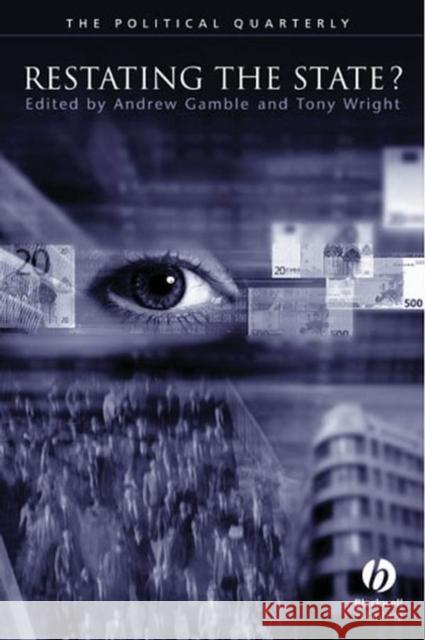Restating the State? » książka
topmenu
Restating the State?
ISBN-13: 9781405124546 / Angielski / Miękka / 2004 / 172 str.
In his essay -The end of laissez-faire-, Keynes distinguished between the agenda and the non-agenda of government. This book asks how we interpret that distinction today.
- A ground-breaking collection concerned with rethinking the contemporary role of the state.
- Comprises essays written by leading scholars and politicians.
- Looks back at the expansion of the social democratic state in post-war Britain, and at the subsequent challenge to this from neo-liberal ideas and policies.
- Discusses new doctrines for managing the state, new conceptions of the state, and new ideas for organising the delivery of public services.
- Covers current concepts, such as the enabling state, and topical issues such as public private partnerships.
- Goes beyond traditional 'state versus market' arguments.
- Opens up new conceptual and practical territory.











